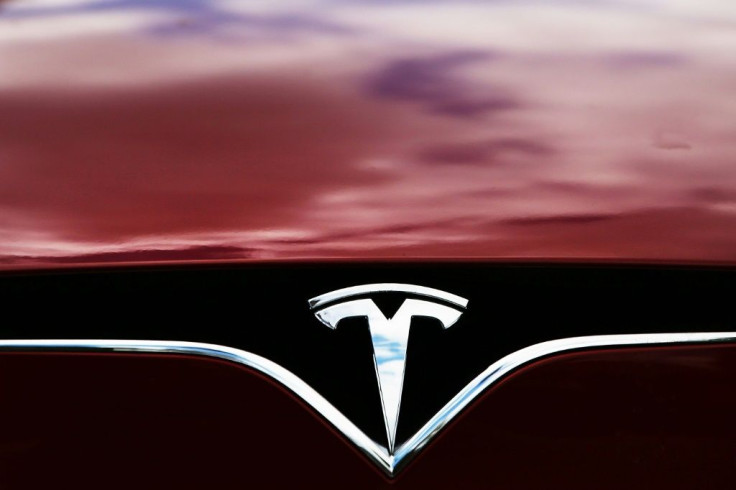German Court Rules Tesla's 'Autopilot' Is False Advertising

A German court ruled Tuesday that specific terms used by Tesla for its electric cars' assistance features are false advertising, including the vehicles' "Autopilot" feature.
Judges at the higher state court in Munich found use of the term "Autopilot" as well offering as the option to buy a Model 3 vehicle with "full potential for autonomous driving" were "misleading business acts".
"Use of the relevant terms creates an expectation... that does not correspond to the actual facts," the court said in a statement.
Tesla's "Autopilot" does not enable a trip without any human intervention at all, the judges found.
Neither would such a technology be legal under present German law, they added.
The Centre for Combatting Unfair Competition, an NGO which brought the case, said that Tesla's autonomous driving technology at best reaches level two on a five-point scale in which five corresponds to completely driverless travel.
"Since auto-piloted, autonomous driving is neither legally permitted nor technically possible for the vehicle in question, Tesla has to play by the rules and cannot make false advertising promises," the centre's lawyer Andreas Ottofuelling said in a statement.
The Munich court's judgement is not final and can be appealed.
© Copyright AFP {{Year}}. All rights reserved.





















